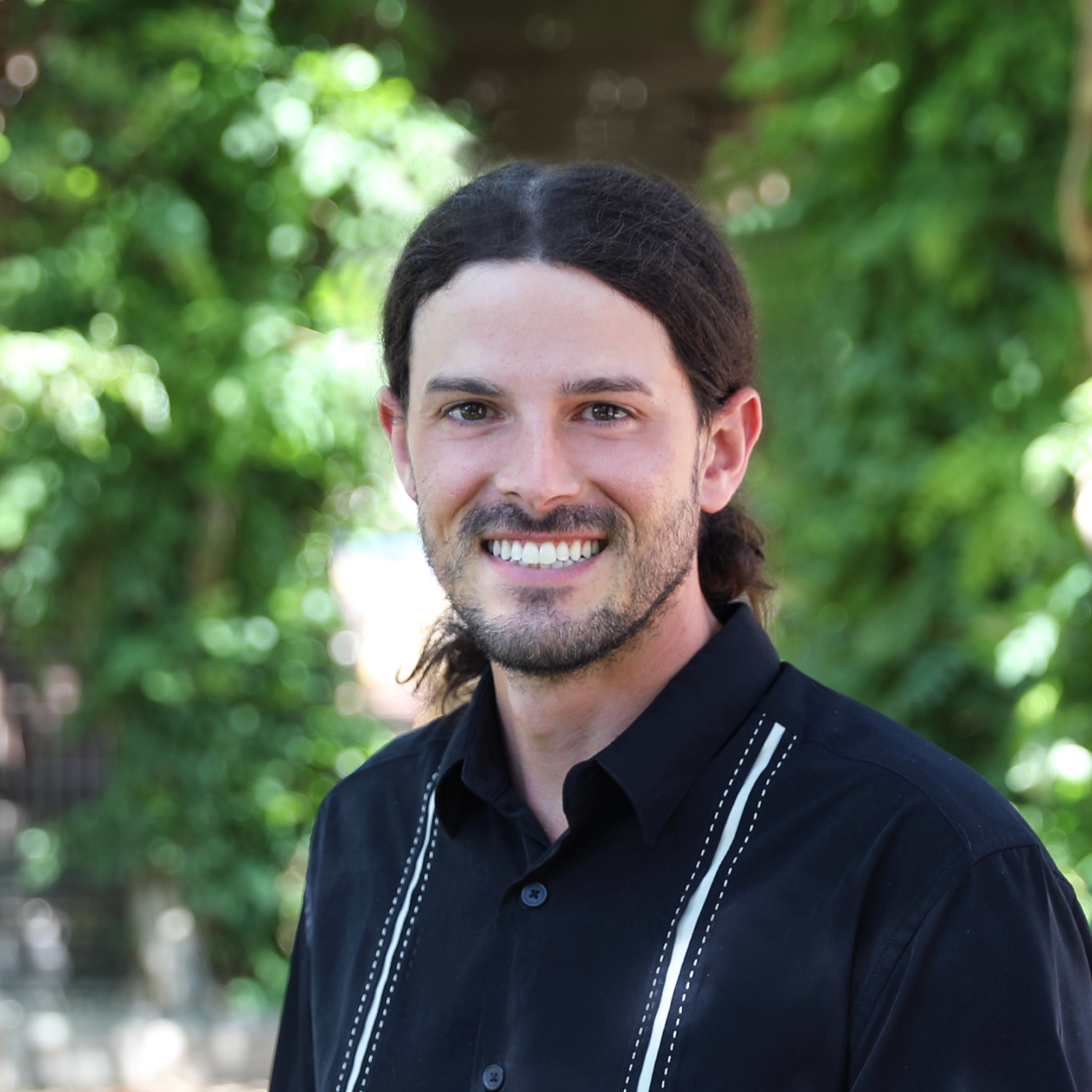From Chile to Championing Change: Valeria Gurr’s Journey for School Choice
On the latest State of Choice Podcast, host Ed Tarnowski sat down with Valeria Gurr, an advocate for school choice and senior fellow at the American Federation for Children. Valeria’s passion for giving every child access to quality education is rooted in her own journey from poverty in Chile to becoming a national voice for underserved families in America.
This wasn’t just a discussion about policy—it was a heartfelt conversation about why educational choice matters and how it can change lives.
A Journey from Chile to Championing School Choice
Growing up in Chile, Valeria’s family struggled with poverty, and her mother, who never learned to read or write, worked tirelessly as a maid. Valeria experienced firsthand the shortcomings of the public education system. Despite these obstacles, she found a path to success through opportunities to access better schools, eventually earning advanced degrees in journalism and public relations.
“Education opened doors for me,” Valeria said. “But I know so many kids don’t get those same chances.”
When Valeria came to the U.S., she quickly saw that the same struggles she faced in Chile were playing out here—overcrowded classrooms, overworked teachers, and students slipping through the cracks. This inspired her to get involved in the school choice movement, which she believes is key to helping kids break free from cycles of poverty and limited opportunity.
The Eye-Opening Moment
Valeria recounted a pivotal moment during her early career in Nevada, when she visited underperforming public schools. What she saw shocked her.
“Kids were eating rushed breakfasts during lessons, stuffing food in their pockets to save for later,” Valeria said. “It reminded me so much of my own childhood. I couldn’t believe this was happening in the U.S., a country that’s supposed to lead the world in opportunity.”
That experience pushed her to act.
“I realized we’re not going to help kids succeed by doing the same things over and over,” Valeria said. “We need options. We need school choice.”
Helping Teachers Thrive
One of the most interesting parts of the conversation was about how school choice benefits teachers. Valeria, who once worked in a teachers’ union, saw how many educators felt frustrated by rigid systems that prioritized bureaucracy over innovation.
“Teachers want to make a difference,” Valeria said. “But they’re often stuck teaching to a test or following outdated rules. In charter schools or micro schools, they have more freedom to get creative and really focus on what works for their students.”
The Growing Momentum for Change
Valeria pointed out that support is growing, especially among Hispanic families.
“Seventy-one percent of Latinos support school choice,” she noted. “It’s a big deal for communities that see education as a path to the American Dream.”
She also touched on how the pandemic opened people’s eyes to the challenges in education.
“When schools shut down, parents got a firsthand look at what was and wasn’t working,” Valeria said. “It made a lot of people realize we need more options.”
Lessons from Chile
Valeria also gave us an interesting look at how her home country, Chile, approaches education. There, families have access to a variety of schools, including semi-private options that blend public funding with private tuition.
“Families in Chile can choose schools that fit their values and needs,” Valeria explained. “It’s one reason why Chile has one of the strongest education systems in South America.”
She sees parallels between Chile’s system and what’s possible in the U.S. if we embrace more flexible and innovative approaches.
Why This Matters
Ultimately, this episode wasn’t just about policy; it was about hope. Valeria’s story shows that education has the power to transform lives. But for that to happen, we need to rethink the way we do things and give families real choices.
“Access to a great education shouldn’t depend on your zip code or your income level,” Valeria said. “Every child deserves a chance to succeed.”
If you want to dive deeper, listen to the full podcast episode posted below.




